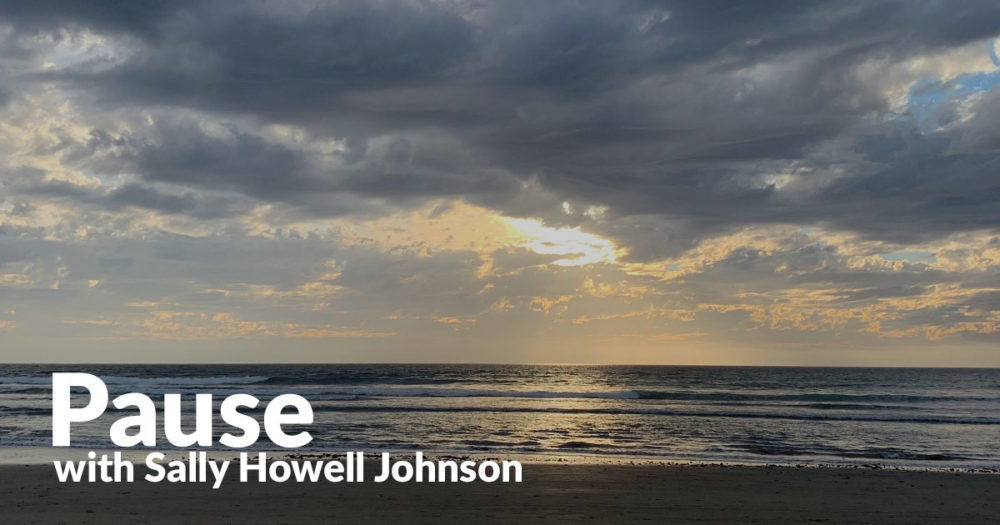Reading this morning’s newspaper, I learned a phrase I had not known before: “colony collapse disorder”. The article was about the disappearing honeybee population across the United States and the world. This is not recent news, of course. This phenomenon has been going on for a few seasons with various reasons for its happening being outlined or denied depending on who is doing the talking. While it seems everyone agrees that the demise of this tiny insect has great impact on many important life forms, not the least of which is humans, people seem less likely to agree on what is causing these pollinators of our food to disappear.
This new term, “colony collapse disorder” became juxtaposed in my mind by another piece I read, a letter to the editor. This letter was a response to an article printed earlier in the week about the oil boom in neighboring North Dakota. I had also read that article and was struck, as the writer was also, about the emphasis on the billions of barrels of oil we have found in our own backyard, the glee of this discovery and the jobs it would create. All this without any mention of the harm that this unsustainable use of energy brings with it. It was as if we had somehow forgotten that burning fossil fuels is polluting our air, our water and also shifting the ways climate is effecting our seasons and their tie to our food sources.
Now I want to be clear. I am all for creating as many jobs as we need to sustain ourselves, our families and our lifestyles. But we also need to remember that we are all a part of an immense colony of interdependent beings who rely on one another and this amazing Creation. When we harm one part of the web, our Native relatives tell us, we harm ourselves. The collapse of the bee colonies means something to each of us whether we register this wisdom on a daily basis or not. The collapse of the water systems, the air we breathe, the land quality that brings us our food affects us regardless of our politics or faith tradition.
For some reason, the words that kept floating through my mind as I tried to digest these two news articles were the ones I say with great regularity these days. Wedding words. “Friends, we are gathered together in the sight of God to witness and to bless the joining together of Joe and Jill in holy marriage.The covenant of marriage is a sacred act, honored by God, who created us as human beings to be in relationship with one another. Joe and Jill come now to join their lives together in this sacred covenant.”
This living together as human beings and as citizens of the Earth is a sacred act, honored by God, who created us to be in relationship with one another. Human to human. Human to bee. Human to animal. Human to earth, air, water. This covenant is one we choose and was chosen for us by our parents, our ancestors, our Creator. It is filled with great risk and even greater responsibility. Our work is laced with difficulty, denial,frustration and great joy. And while I may want to think this living is all about me, it is really about how I honor this sacred covenant.
As I look out my window, snow is falling. It is the first week of May and I have not seen any honeybees as yet. The pansies we planted in hope over the weekend are edged with snow. Pansies are hardy little buggers and will bounce back, I am sure. I want to have as much confidence about the rest of this colony of which we are all a part. My prayers this day are that this collapse that is afoot is only in a state of ‘disorder’ and can be righted with an appropriate dose of creativity and commitment. For the sake of the bees, for the sake of our crops and those who grow them, for the sake of us all.
Blessed be.


